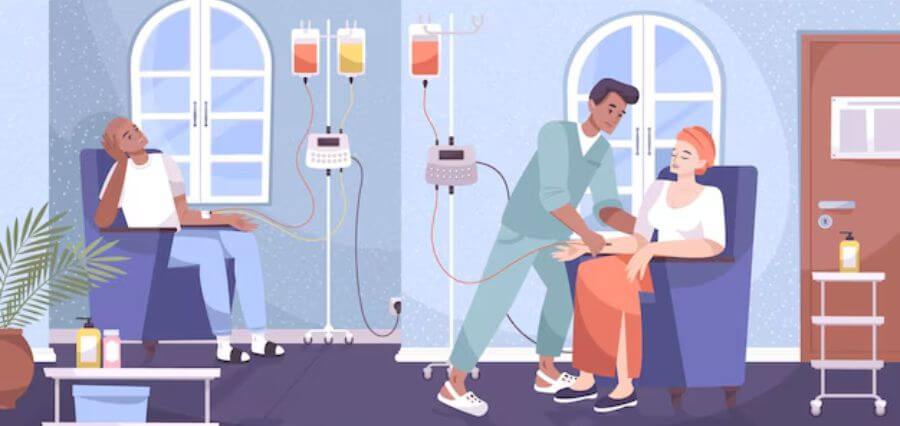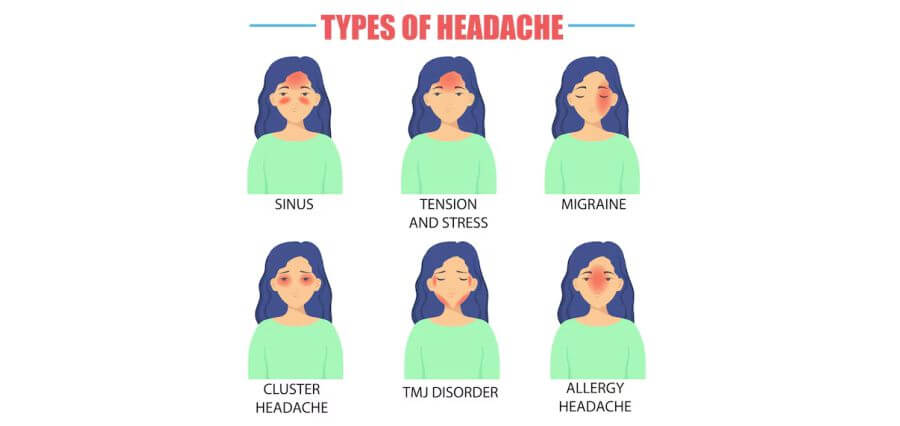For a very long time, travel has been celebrated for its ability to broaden horizons. But, it is its impact on mental health that is often overlooked.
There is a pressing need for effective solutions to overcome stress and mental health challenges. Here is where travel activities come into play.
According to some studies, travel can be a powerful antidote to these modern challenges as it offers a unique blend of stress relief, cultural immersion, and nature therapy. Also, leisure activities provide more than just a distraction from the challenges you face but also a feeling of accomplishment among several other advantages.
In this article, we explore how mental health affects daily activities and the transformative power of travel on mental health and well-being. So, please stay on this page!
How does Mental Health Affect Daily Activities?
Mental health encompasses emotional, psychological, and social well-being. Profoundly influencing our daily activities, it impacts not just our thoughts, feelings, and actions but also shapes how we respond to stress, relate to others, and make decisions. Here are four ways in which mental health affects daily activities;
Productivity at Work or School
Mental health significantly influences productivity levels. Conditions like anxiety or depression can impair concentration and contribute massively to decreased performance.
With these conditions, you may struggle to focus, complete tasks efficiently, or even maintain regular attendance. On the contrary, good mental health promotes a positive work/study environment which can enhance your productivity and engagement.
Relationships and Social Interaction
Mental health profoundly impacts relationships and social interactions. Take conditions like depression for example.
These conditions can lead to social withdrawal, strained relationships, and difficulty in forming new connections. But with good mental health, you enjoy the best chances of positive social interactions which cannot only enrich your personal relationships but also create a sense of belonging.
Physical Health and Self-Care
Mental health also hugely influences physical health and self-care practices. Poor mental health can lead to neglect of physical health.
For example, you may sink into bad diet choices, lack of exercise, and inadequate sleep. Conversely, good mental health promotes self-care. It encourages healthy habits that contribute to overall well-being.
Decision-Making and Problem-Solving
Mental health also plays a crucial role in decision-making and problem-solving abilities. Conditions like anxiety can lead to indecisiveness and impaired judgment.
However, good mental health enhances these skills. It enables individuals to make sound decisions and effectively solve problems.
What is the Importance of Traveling for Mental Health?
Traveling offers a plethora of benefits for mental health. In fact, it can sometimes be all you need to improve your well-being for better personal growth. Here are seven ways traveling can benefit your mental health:
Escaping Monotony
Monotony can lead to feelings of stagnation and boredom. These feelings can negatively impact mental health and massively impact your productivity and this is where traveling comes in.
It allows you to explore new places, something which can stimulate your senses and ignite a sense of adventure to revitalize your mind and spirit. Especially with so many options to get to your dream destination: from rental cars to boat rental Dubai services.This break from routine can help alleviate stress and anxiety. In particular, it can ensure that you return home with a renewed sense of energy and purpose.
Cultural Exploration
Traveling exposes you to new cultures, traditions, and ways of life. This cultural immersion can broaden your perspective and enhance your understanding of the world.
Through your interactions with people from different backgrounds, you develop empathy and tolerance, which are essential for mental well-being. Also, embracing cultural diversity can challenge your preconceived notions and biases to ensure personal growth and a more open-minded outlook.
Boosting Happiness
The thrill of exploring new places and trying new things can bring immense joy and satisfaction. Take trying new activities like buggy tours for example.
Such new activities cannot only provide a sense of adventure but also stimulate your curiosity, and offer a break from routine. All these can contribute to mental rejuvenation and well-being.
Research suggests that people who travel regularly are generally happier and more content with their lives. The anticipation of a trip, the excitement of discovery, and the memories created along the way contribute to a sense of fulfillment and happiness.
Building Self-Confidence
Traveling requires you to not only navigate unfamiliar environments. It also ensures you interact with new people, and overcome challenges along the way.
Traveling can boost your self-confidence and self-esteem. As you step out of your comfort zone and embrace new experiences, you prove to yourself that you are capable of handling new and unfamiliar situations. This sense of accomplishment can have a lasting impact on your self-image and give you that much-needed push to take on new challenges with confidence.
Enhancing Creativity
Traveling also exposes you to new sights, sounds, and ideas. These, combined, can inspire new ways of thinking and problem-solving.
The new experiences and sensory stimuli encountered during travel can spark creativity and innovation. Sometimes they could be all you need to get fresh ideas and perspectives.
And keep in mind that it doesn’t matter whether it’s exploring a new city, trying new foods, or engaging in new activities. Travel can ignite your creative spark and invigorate your mind.
Reducing Stress and Depression
Research has shown that taking regular vacations can reduce stress levels and lower the risk of depression. The relaxation and enjoyment that come with travel can have a profound impact on your mental well-being, and help you to recharge and rejuvenate. Whether you’re lounging on a beach, exploring a new city, or immersing yourself in nature, travel can provide a welcome escape from the pressures of everyday life.
Promoting Physical Activity
Traveling often involves physical activities like walking, hiking, or swimming. Engaging in these activities not only keeps you physically fit.
They also have numerous mental health benefits. Physical activity releases endorphins, the “feel-good” hormones, which can improve your mood and reduce feelings of anxiety and depression. What’s more, being active while traveling can help you sleep better, improve your overall health, and boost your energy levels, all of which contribute to better mental health.
Closing Thoughts
Traveling offers a multitude of benefits for mental health. To get the most out of your travels though, be sure to set clear intentions, plan your itinerary in time, and plan things to look forward to but don’t get too attached to taking the trip at any specific time.
Read More: Click Here










